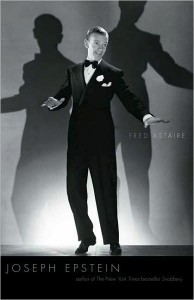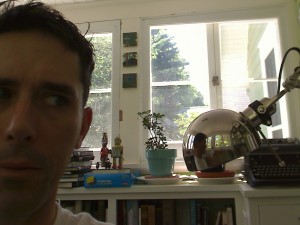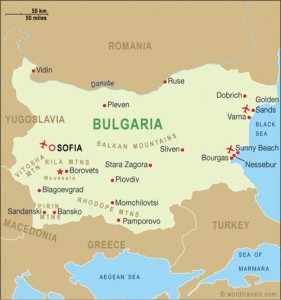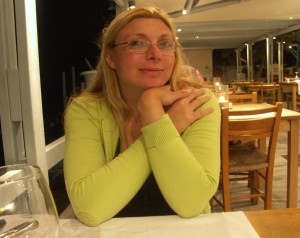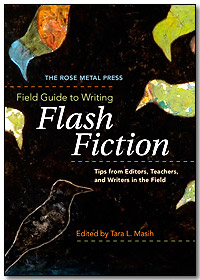hey, you've got to hide your work away
by Anne Stameshkin
Kathryn just sent me this article by Joseph Epstein (for In Character). From the first few paragraphs of “Blood, Sweat, and Words,” I thought the piece might explore how much of the effort behind an author’s work shows in the work itself (and what impact this has on said work’s overall effect); instead, it focuses more on how writers choose to talk, outside of actually making art, about the work that goes into doing so. As a writer yourself, how do you feel about authors who, when they talk about the craft of writing or their personal process, make it […]

